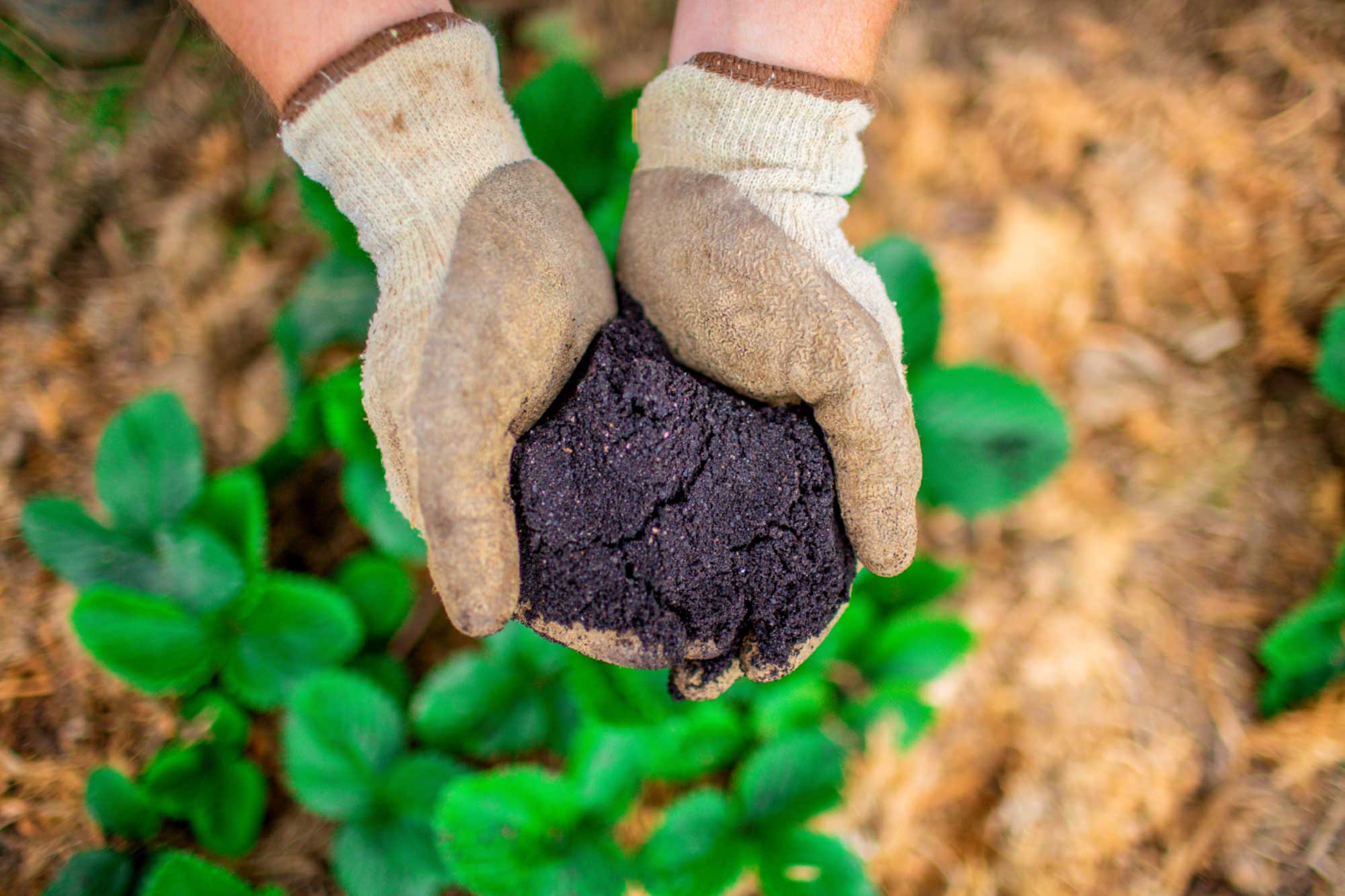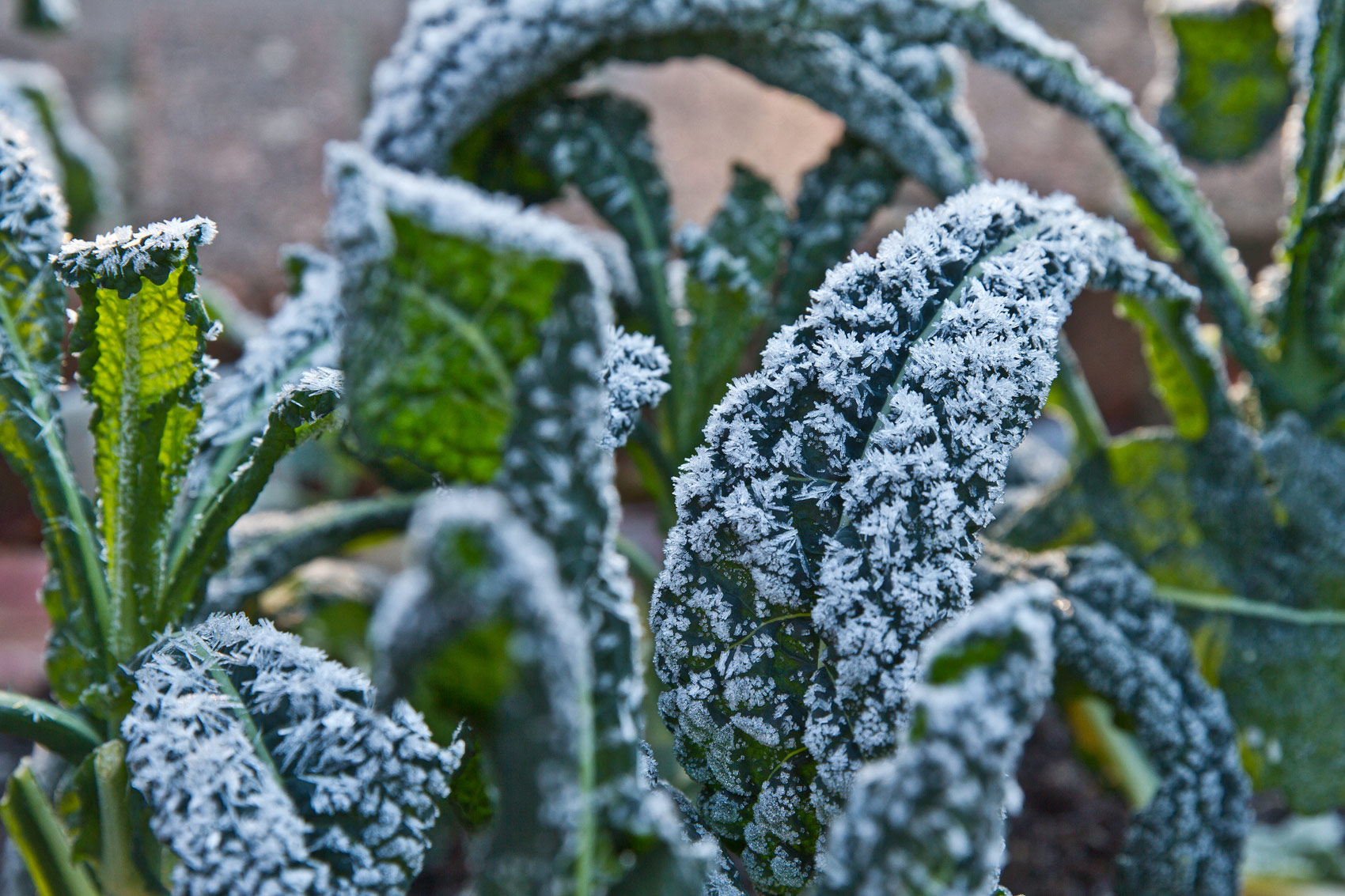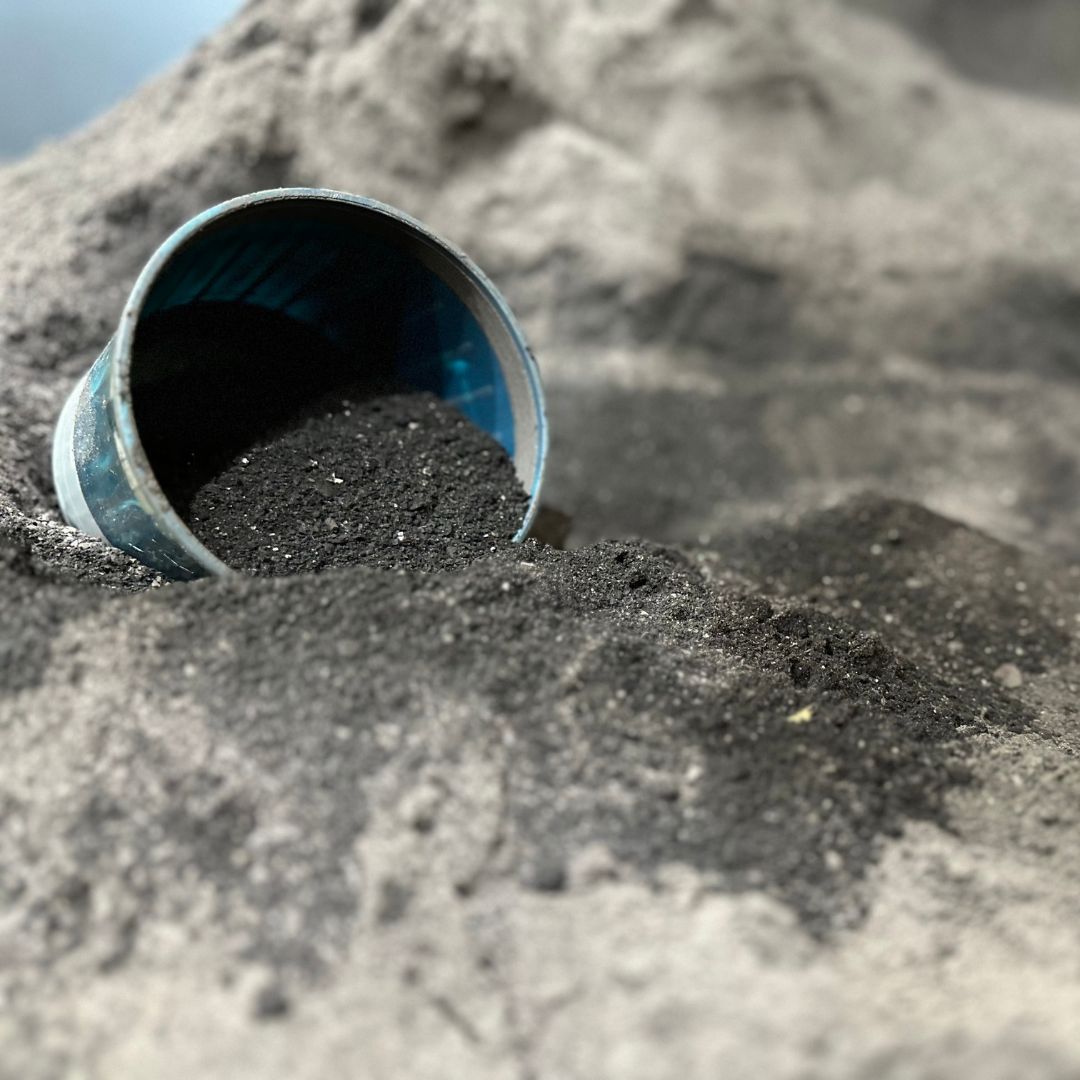The beginning of cooler weather doesn’t have to mean the end of growing your vegetables. Autumn is an excellent time of the year to sow those vegetable and herb seeds that love cooler conditions. These will be ready to harvest throughout Winter and Spring — providing fresh produce and ingredients for your home.
Getting your Autumn and Winter vegetables to grow
With the arrival of the colder months, amateur and professional gardeners alike have a very specific set of difficulties. Cooler days, freezing nights and reduced daylight all make successfully growing vegetables harder.
Considerations when planting Autumn and Winter Vegetables
Here are some of the critical considerations for getting your Autumn and Winter vegetables to grow happily:
- Sunlight
Sunlight is crucial for vegetables. Fruiting and flowering ones need full sun for healthy yields. Winter vegetables also thrive in the sun but leafy greens and root veggies can manage with less light. Place your Winter garden in the sunniest spot on your property, away from strong winds or frost.
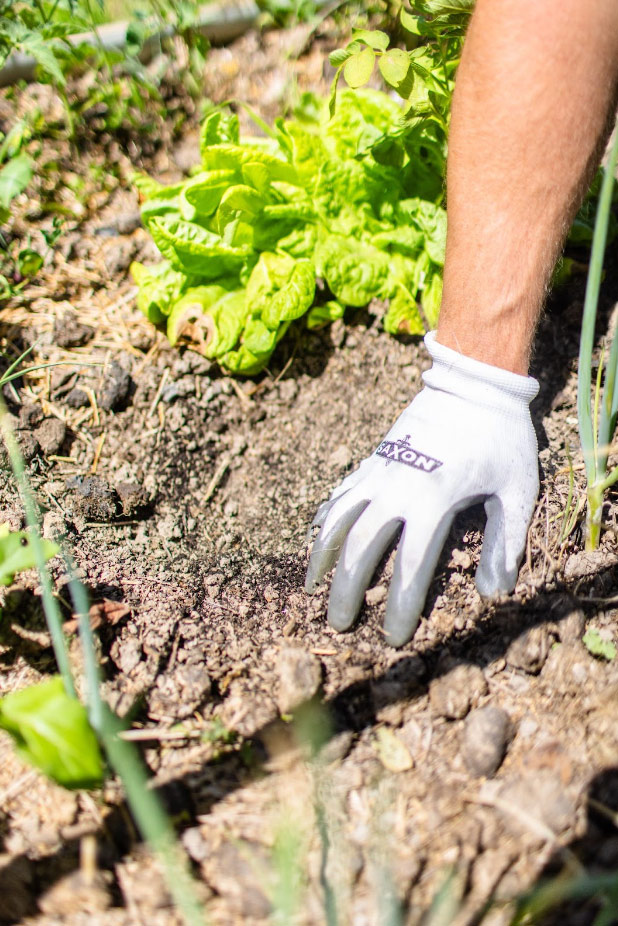
- Frost
Frost can greatly impact plants, especially delicate young ones. In frost-prone areas like southern Australia, establish plants early to help them handle temperature changes. Use geo fabrics like hessian for protection or consider hothouses. Some Winter veggies can handle frost and even taste better due to increased sugar production. Try harvesting hardy crops like snow peas, parsnips, carrots, and brassicas post-frost.
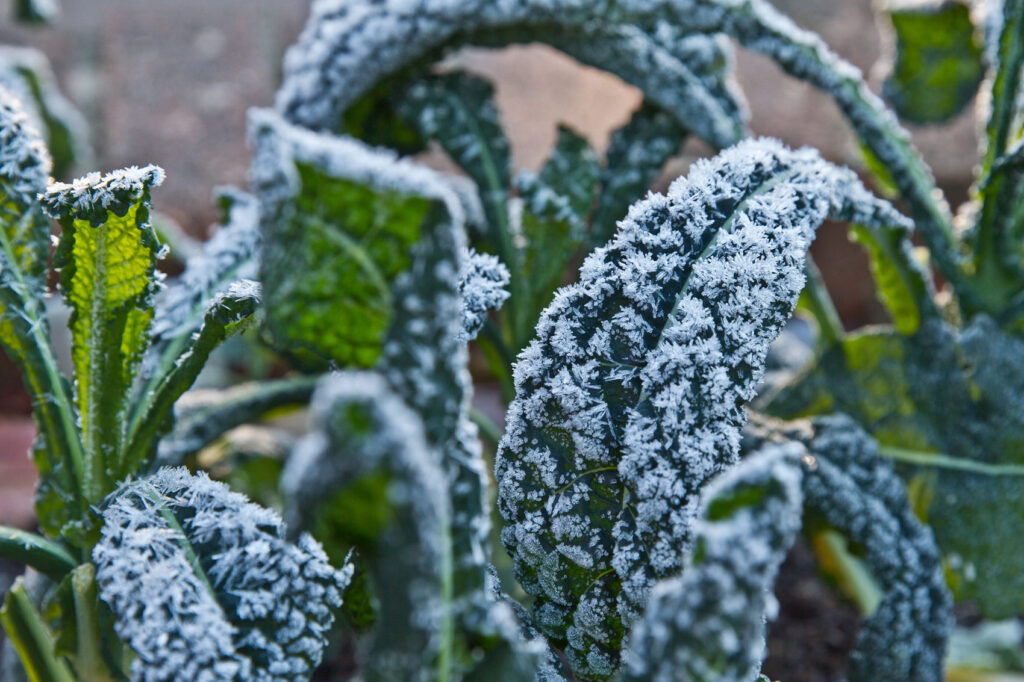
- Timing your planting
Recognise the full growing period of your plants. Consider weather conditions from seed planting to harvest. Leafy veggies may be ready in 6 weeks, while root Winter veggies like parsnip take 18 weeks. Check seed packet for details. Some varieties like broccoli may benefit from starting indoors if weather is too warm outside, reducing chances of bolting.
- Pests and diseases
During cooler months, pest issues decrease, offering relief from constant control. In warmer climates, watch out for pests. Maintain good air circulation, space plants adequately to prevent fungal diseases like powdery mildew. Water plants early morning to avoid excess moisture on leaves overnight, which can harbour diseases.
- Maintenance
Another advantage of growing vegetables in Winter is that evaporation rates slow down, which means your plants will not dry out as fast. You will still want to ensure a steady supply of moisture for your Winter vegetables to ensure that they continue steadily growing and have the best flavour and texture. Mulch also plays a huge part in keeping your soil weed free and warm in the cooler months. - Nourish your plants with organic matter like Ocean2Earth, providing a balanced blend of nutrients for both the soil and the plants.
- Product Tips
– Apply OCEAN2EARTH around your crops to increase biological activity and improve the soil structure. - – A fortnightly dose of diluted compost solution or worm wee is also a great way to provide an additional kick to your plants without overfeeding them. If you don’t want to purchase these extra items. Simply dilute 50-100gms of Ocean2Earth into a 9 Litre watering can and water till it is running off the leaves and the soil is wet.
- – Once you have harvested your garden, plant a green manure crop to improve the soil structure and replenish some of the nutrient levels before spring sowing. Dig them into the soil before they set seed to provide nitrogen and organic matter as they rot. This is a good time to add the recommended does of Ocean2Earth
What are the best vegetables to grow in Winter in Australia?
If you have been asking yourself what seeds to sow in Autumn and Winter in Australia? In most regions, Autumn and early Winter is the perfect time to sow these vegetables and herbs:
- – Broccoli
- – Cabbage
- – Carrot
- – Cauliflowers
- – Endive
- – Kohl Rabi
- – Leek
- – Lettuce
- – Onions
- – Parsley
- – Parsnip
- – Silverbeet
- – Snow pea
- – Spinach
- – Swede
- – Turnip

